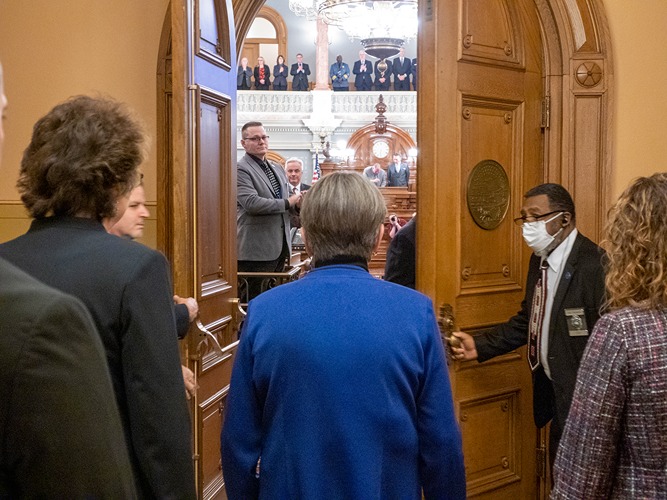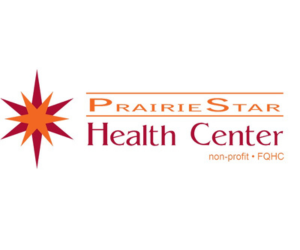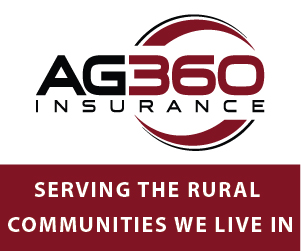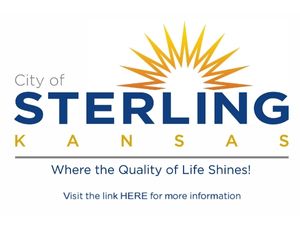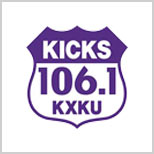By Tim Carpenter, Kansas Reflector
TOPEKA, Kan. — Democratic Gov. Laura Kelly encouraged the Republican-dominated Legislature to embrace Tuesday a bipartisan approach to vexing political issues of taxation, health care and education while delivering to Kansans a sustainable state government budget.
Kelly, who postponed the annual State of the State speech in early January when it was falsely assumed she contracted COVID-19, stuck with familiar themes and legislative priorities. She urged House and Senate members to consider a $500 million tax program that swiftly eliminated the state sales tax on groceries, created a state sales tax holiday on school supplies and shielded Social Security income from the state income tax.
The governor pleaded with lawmakers to take up meaningful water policy reform and to avoid injecting politics more deeply into the K-12 public schools serving nearly 500,000 students. She amplified recommendations to expand eligibility for Medicaid, legalize medical marijuana, accelerate workforce training and answer calls for action on the rural housing crisis.
Kelly and the Legislature collaborated in her first term to place into law contents of 286 bills — all of which necessitated some measure of bipartisanship. She outlined a comparable vision for her second term fully aware Republicans hold supermajorities in the Senate and House. GOP leadership have given no sign they intend to fumble their numerical advantage as they pursue a conservative agenda.
“We haven’t always seen eye-to-eye, but the truth is only when we’ve banded together have we made real progress,” Kelly said. “That’s why I’m asking you tonight to, again, meet me in the middle. On so many issues facing our state — from tax relief to water to health care — the best solutions aren’t Republican or Democrat. They’ll come from compromise and collaboration. Over the next four years, we must see each other as partners, not as foes.”
‘Make myself clear’
Kelly said she would fiercely oppose aggressive tax reductions that jeopardized stability of the state budget. She indicated zealous state income tax cuts advanced a decade ago by GOP Gov. Sam Brownback would be unacceptable. The Brownback tax program, after years of bruising budget fights, was mostly abandoned in 2017 when the Legislature voted to override his veto of a repeal bill.
“Let me make myself clear: I will stand against any irresponsible tax proposals that erode that foundation,” Kelly said. “We have been there before. We know where it leads. And we can’t go back. Not to debt. Crumbling roads. An overwhelmed foster care system. And, perhaps most devastating of all, underfunded schools. We cannot go back to the days where financial irresponsibility here in Topeka robbed our Kansas students of opportunity.”
She said the objective should be to adopt fiscally sound tax changes the state could afford in the long term and served interests of working families and seniors.
The governor’s budget provided for repeal by this summer of the 4% state sales tax on groceries. In 2022, the Legislature and Kelly agreed on a plan to gradually remove the 6.5% state sales tax on food. The first phase of that occurred Jan. 1, when 2.5 percentage points were lopped off. The law wouldn’t zero it out until January 2025.
“There is no reason that Kansans should ever look down at their grocery receipts and see this tax,” the Democratic governor said. “Folks can’t afford it. Folks don’t deserve it. And there’s no need to wait for 2025.”
She also proposed dropping the state sales tax on diapers and feminine hygiene products and suggested a four-day back-to-school sales tax break every August for those purchasing school supplies.
In addition, she recommended the Legislature provide relief for retirees by increasing to $100,000 the income threshold for applying the state income tax to Social Security benefits. Under current law, Kansas retirees earning $75,000 per year or less don’t pay state income tax on Social Security. If they make $1 more, the entirety of their Social Security income must be subjected to the state income tax.
“These are all ideas that Republicans and Democrats have proposed and supported in the past,” Kelly said.
Special education
Kelly introduced to legislators a guest in the House chamber — Danny Robeson, a fifth-grader in the Shawnee Mission school district. He has cerebral palsy, epilepsy and impaired vision and required extra support to learn alongside peers in school through special education services. He was sitting in the balcony with his mother, Laura, a former teacher who volunteers at his school.
The governor recommended the current Legislature provide full funding of special education programs in K-12 schools statewide. The funding gap of special education impacts every student in a school because districts end up diverting resources to provide services for students such as Danny, she said.
“Laura has seen firsthand what the funding gap means,” Kelly said. “Laura sometimes has to keep Danny home from school because there aren’t enough staff to ensure that he can learn safely.”
The governor said she would oppose any effort by legislators and special-interest groups to turn parents against classroom teachers, communities against public schools or young people against the teaching profession. The legislative agenda presented by Senate President Ty Masterson and House Speaker Dan Hawkins included a parental bill of rights, including avenues for challenging library and classroom materials, and a requirement transgender students participate in sports based on gender at birth.
“I will resist politicians who want to score political points at the expense of our students and our families,” Kelly said. “Our students should not be used as political pawns. Not ever. We all agree our kids do better when parents and teachers are involved in their education. So, rather than distracting ourselves with wedge issues, let’s focus on giving them both the resources and support they need.”
Kelly renewed her pitch for expansion of eligibility for Medicaid to more than 100,000 lower-income Kansans. The Legislature for years has blocked changes to the state’s Medicaid offerings and in the process cast aside $6 billion in federal funding that would have come to the state. The governor said expansion would have created 23,000 jobs by now.
“I know I sound like a broken record, but it’s only because we have a broken health care system,” she said. “Too many rural hospitals have shut their doors. When that happens, the communities have been devastated. These Kansans have to drive hours to receive their basic care.”
Kelly implored legislators to invest state resources in mental health services and to tackle the increase in opioid overdose deaths in Kansas. She said the response ought to include funding of naloxone for schools to deal with student overdoses and action to decriminalize fentanyl test strips so people had more information about contents of drugs they consumed.
Workforce development
Kelly hailed work by the Kansas Department of Commerce to recruit new business to Kansas, including Panasonic in De Soto, Hilmar Cheese in Dodge City, Amber Wave in Phillipsburg and Bartlett Grain in Cherryvale. Since the start of her administration in 2019, she said Kansas had documented more than $15 billion in new capital investment and creation or retention of 54,000 jobs.
However, she warned economic growth would bring into the spotlight the state’s shortage of skilled labor. She said the state should increase funding to a registered apprenticeship program in the Department of Commerce that was currently working with 3,500 Kansans
Kelly said the evidence was clear from Goodland to Liberal and beyond in western Kansas the diminishing supply of water could become a disaster. Portions of that region of the state have an estimated 10 years of water for operation of the farm economy.
“Waiting for some miracle to happen is not an option,” the governor said.
She said the State Water Plan was fully funded last year for the first time since 2009. The state paid off $30 million in debt tied to reservoirs so money could be diverted to investments that worked for producers and irrigators apprehensive about water quality and quantity, she said.
The governor recommended lawmakers approve a bill to legalize marijuana consumption for medical purposes. In the past, the House passed a bill the Senate ignored. Thirty-nine other states have allowed people to consume marijuana for chronic pain, seizure disorders and post-traumatic stress syndrome. A majority of physicians believe medical marijuana should be part of a comprehensive palliative care plan, Kelly said.
“In fact,” she said, “just a few weeks ago, right before Christmas, police raided the hospital room of a terminally ill man in Hays. Greg Bretz was using marijuana to ease his pain. He was then ordered to appear in court, despite not being able to get out of bed. We all know that was ridiculous.”
She said Bretz died two weeks ago — the first week of the 2023 legislative session — and his passing illustrated the folly of a state law forbidding use of marijuana for health reasons.

















